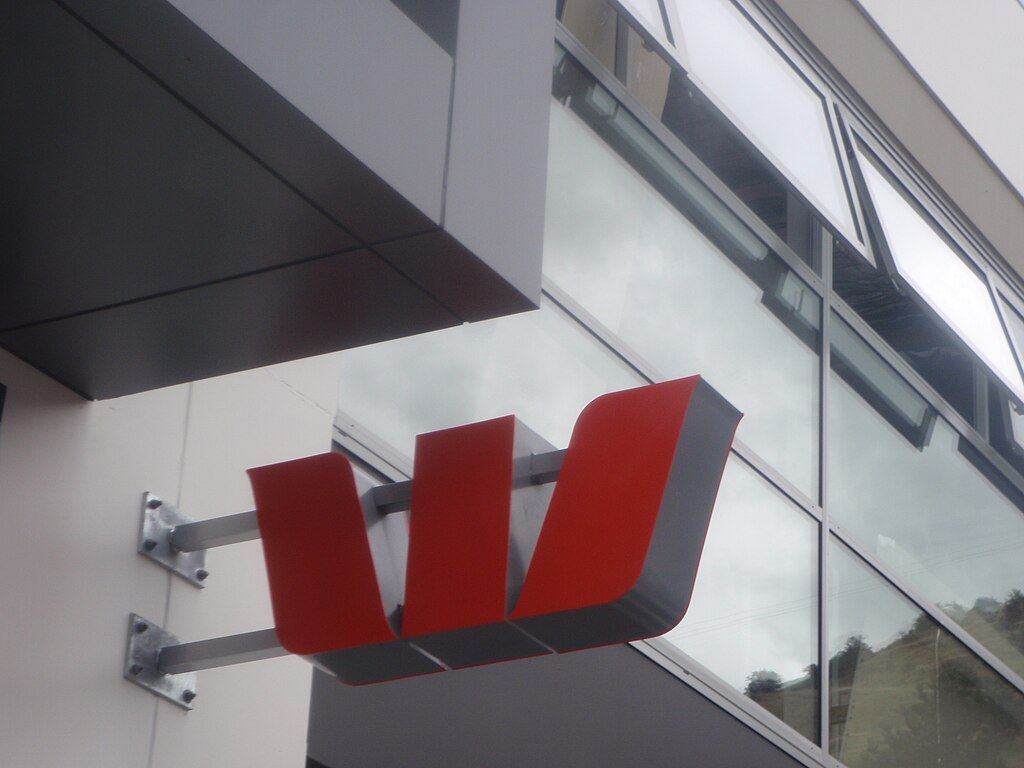Westpac’s Annual Profit Falls, but Dividend Hike Signals Stability
Australia’s second-largest mortgage lender, Westpac, reported a 3% drop in annual profit for the year ending September 30, totaling A$6.99 billion (US$4.61 billion). Despite the decrease, the result exceeded market expectations, buoying investor sentiment. The company raised its final dividend to 76 Australian cents per share and extended its share buyback by A$1 billion (US$660 million), boosting confidence.
Positive Margin Gains and Cost Pressures
Westpac’s Net Interest Margin (NIM), a key profitability measure, rose to 1.97% from 1.89% over the last half of the fiscal year, aided by higher loan margins. However, the bank faced a 7% increase in operating costs, driven by a multi-year technology upgrade and inflation. This cost surge offset gains, ultimately leading to a profit decline.
Outlook on Interest Rates and Loan Stability
Westpac forecasts a rate cut from the Reserve Bank of Australia in February, which would mark the first reduction in five years. CEO Peter King noted that hardship support packages are declining, indicating that borrowers are adapting to high interest rates. Mortgage delinquency rates have stabilized, although late payments saw a minor uptick.
Competition and Sector Comparison
The results come ahead of rival lenders ANZ and National Australia Bank’s full-year reports on November 7 and 8. Commonwealth Bank will issue a first-quarter update on November 13, providing further insight into the sector’s outlook amid competitive pressures.



 Uber Ordered to Pay $8.5 Million in Bellwether Sexual Assault Lawsuit
Uber Ordered to Pay $8.5 Million in Bellwether Sexual Assault Lawsuit  Trump Backs Nexstar–Tegna Merger Amid Shifting U.S. Media Landscape
Trump Backs Nexstar–Tegna Merger Amid Shifting U.S. Media Landscape  SpaceX Pushes for Early Stock Index Inclusion Ahead of Potential Record-Breaking IPO
SpaceX Pushes for Early Stock Index Inclusion Ahead of Potential Record-Breaking IPO  American Airlines CEO to Meet Pilots Union Amid Storm Response and Financial Concerns
American Airlines CEO to Meet Pilots Union Amid Storm Response and Financial Concerns  SpaceX Prioritizes Moon Mission Before Mars as Starship Development Accelerates
SpaceX Prioritizes Moon Mission Before Mars as Starship Development Accelerates  Ford and Geely Explore Strategic Manufacturing Partnership in Europe
Ford and Geely Explore Strategic Manufacturing Partnership in Europe  Nvidia CEO Jensen Huang Says AI Investment Boom Is Just Beginning as NVDA Shares Surge
Nvidia CEO Jensen Huang Says AI Investment Boom Is Just Beginning as NVDA Shares Surge  OpenAI Expands Enterprise AI Strategy With Major Hiring Push Ahead of New Business Offering
OpenAI Expands Enterprise AI Strategy With Major Hiring Push Ahead of New Business Offering  FDA Targets Hims & Hers Over $49 Weight-Loss Pill, Raising Legal and Safety Concerns
FDA Targets Hims & Hers Over $49 Weight-Loss Pill, Raising Legal and Safety Concerns  Once Upon a Farm Raises Nearly $198 Million in IPO, Valued at Over $724 Million
Once Upon a Farm Raises Nearly $198 Million in IPO, Valued at Over $724 Million  Baidu Approves $5 Billion Share Buyback and Plans First-Ever Dividend in 2026
Baidu Approves $5 Billion Share Buyback and Plans First-Ever Dividend in 2026  Global PC Makers Eye Chinese Memory Chip Suppliers Amid Ongoing Supply Crunch
Global PC Makers Eye Chinese Memory Chip Suppliers Amid Ongoing Supply Crunch  Amazon Stock Rebounds After Earnings as $200B Capex Plan Sparks AI Spending Debate
Amazon Stock Rebounds After Earnings as $200B Capex Plan Sparks AI Spending Debate  Nasdaq Proposes Fast-Track Rule to Accelerate Index Inclusion for Major New Listings
Nasdaq Proposes Fast-Track Rule to Accelerate Index Inclusion for Major New Listings  Missouri Judge Dismisses Lawsuit Challenging Starbucks’ Diversity and Inclusion Policies
Missouri Judge Dismisses Lawsuit Challenging Starbucks’ Diversity and Inclusion Policies  Toyota’s Surprise CEO Change Signals Strategic Shift Amid Global Auto Turmoil
Toyota’s Surprise CEO Change Signals Strategic Shift Amid Global Auto Turmoil 































